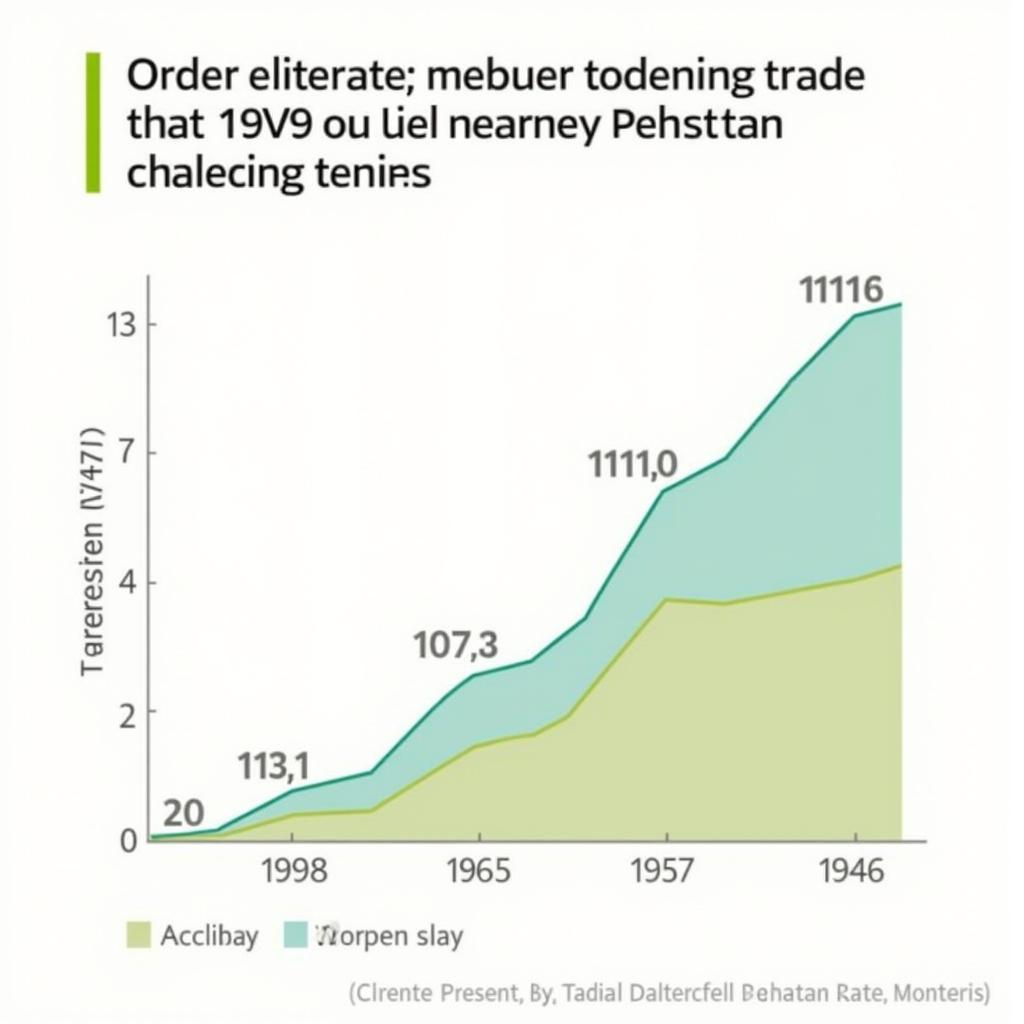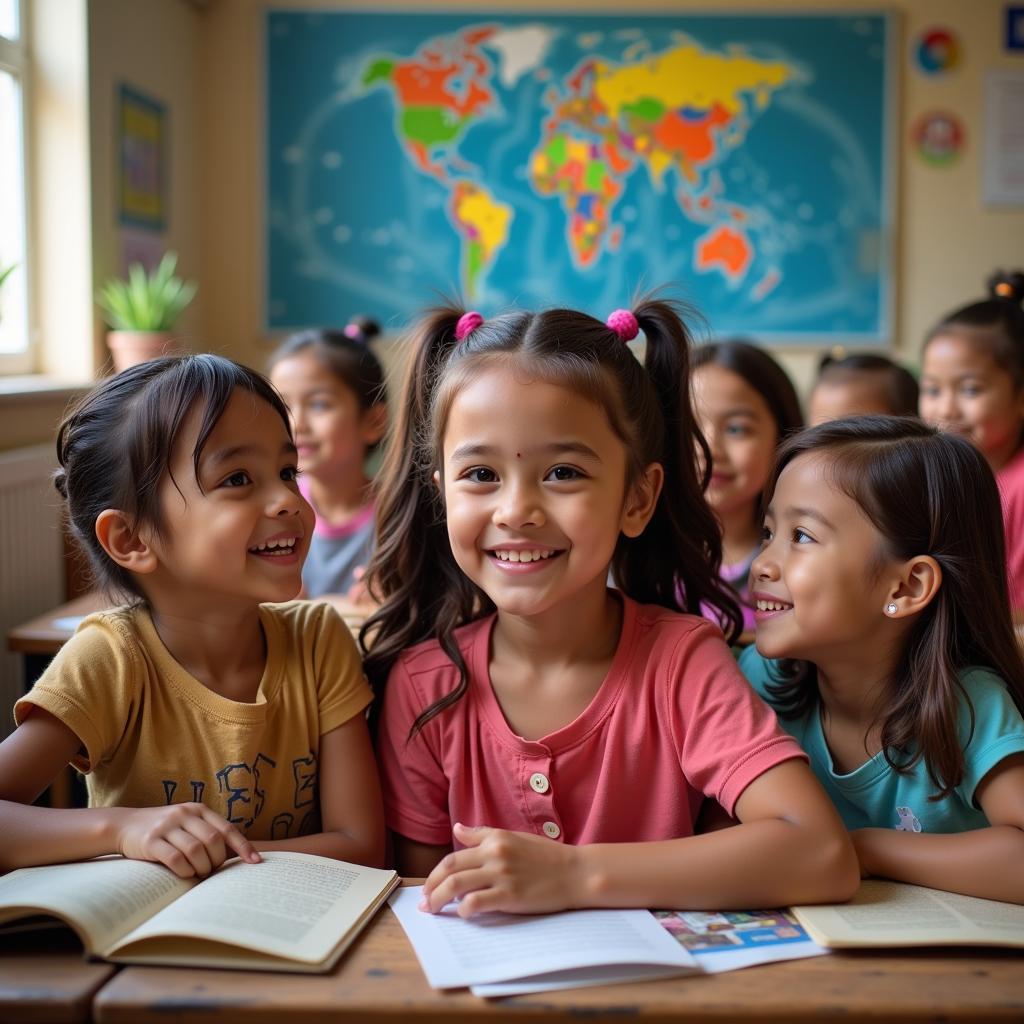Literacy, the ability to read and write, is much more than just a skill; it is a fundamental human right and the cornerstone of individual and societal progress. In Pakistan, the journey towards achieving universal literacy has been fraught with challenges, yet marked by significant strides. This essay delves into the multifaceted landscape of literacy in Pakistan, exploring its historical context, current status, challenges, and the path toward a brighter future.
The Historical Context of Literacy in Pakistan
Pakistan gained independence in 1947, inheriting a low literacy rate from its colonial past. The new nation, grappling with numerous socio-economic issues, faced an uphill battle in promoting education and literacy. Early efforts focused on establishing basic education infrastructure and expanding access to schooling, particularly in rural areas.
 Historical Literacy Rates in Pakistan
Historical Literacy Rates in Pakistan
The Current State of Literacy in Pakistan
Over the years, Pakistan has made commendable progress in improving its literacy rate. According to the latest statistics, the literacy rate stands at around 60%, a significant leap from the past. However, this figure masks disparities across gender, regions, and income levels. Female literacy still lags behind male literacy, and rural areas face greater challenges compared to urban centers.
Challenges Hindering Literacy Development
Several factors impede the progress of literacy in Pakistan. Poverty remains a major obstacle, forcing many children to forgo education and engage in child labor to support their families. Inadequate infrastructure, particularly in remote areas, limits access to quality education. Furthermore, socio-cultural barriers, including traditional gender roles and a lack of awareness about the importance of education, continue to hinder progress.
Strategies for Enhancing Literacy in Pakistan
Addressing the literacy challenge demands a multi-pronged approach. Investing in quality education, particularly at the primary and secondary levels, is crucial. This includes improving teacher training, developing relevant curricula, and creating a conducive learning environment. Bridging the gender gap in education requires targeted interventions that empower girls and address the socio-cultural norms that limit their access to education.
The Transformative Power of Literacy
Literacy is not just about acquiring skills; it is about empowering individuals and transforming societies. Literate individuals are better equipped to participate in the workforce, make informed decisions about their lives and communities, and contribute to national development. Literacy also plays a vital role in promoting health, reducing poverty, and fostering peace and tolerance.
 The Future of Literacy in Pakistan
The Future of Literacy in Pakistan
Conclusion: A Literate Pakistan, A Stronger Pakistan
The journey towards a fully literate Pakistan is ongoing, demanding continued commitment and collaborative efforts from the government, civil society, and individuals. By addressing the challenges and investing in education, Pakistan can unlock the immense potential of its people and pave the way for a brighter and more prosperous future. The pursuit of literacy is not just a national imperative; it is a shared responsibility and an investment in a more just and equitable society.
FAQs about Literacy in Pakistan
1. What is the current literacy rate in Pakistan?
The literacy rate in Pakistan currently stands at around 60%, although disparities exist across different demographics.
2. What are the main challenges to achieving universal literacy in Pakistan?
Major challenges include poverty, inadequate infrastructure, socio-cultural barriers, and a lack of awareness about the importance of education.
3. How can individuals contribute to improving literacy in Pakistan?
Individuals can contribute by supporting educational initiatives, volunteering at local schools, and promoting the importance of education within their communities.
4. What are the long-term benefits of a more literate Pakistan?
A more literate Pakistan will experience enhanced economic growth, improved health outcomes, reduced poverty and inequality, and a more informed and engaged citizenry.
5. Where can I find more information about literacy programs and initiatives in Pakistan?
You can explore resources from the Ministry of Education, UNESCO Pakistan, and various NGOs working in the field of education.
For further insights into related topics, consider reading our articles on perspective of education in pakistan mcqs pdf, challenges of pakistan essay and agriculture in pakistan essay. These articles provide valuable context and complement the discussion on literacy’s significance. Additionally, you might find our resources on current affairs of pakistan essay and pakistan studies notes 10th class in urdu pdf 2022 beneficial for a broader understanding.
Need assistance or have questions about other pressing issues in Pakistan? Contact us at +923337849799 or [email protected]. You can also visit our office located at Dera Ghazi Khan Rd, Rakhni, Barkhan, Balochistan, Pakistan. Our dedicated customer support team is available 24/7 to assist you.